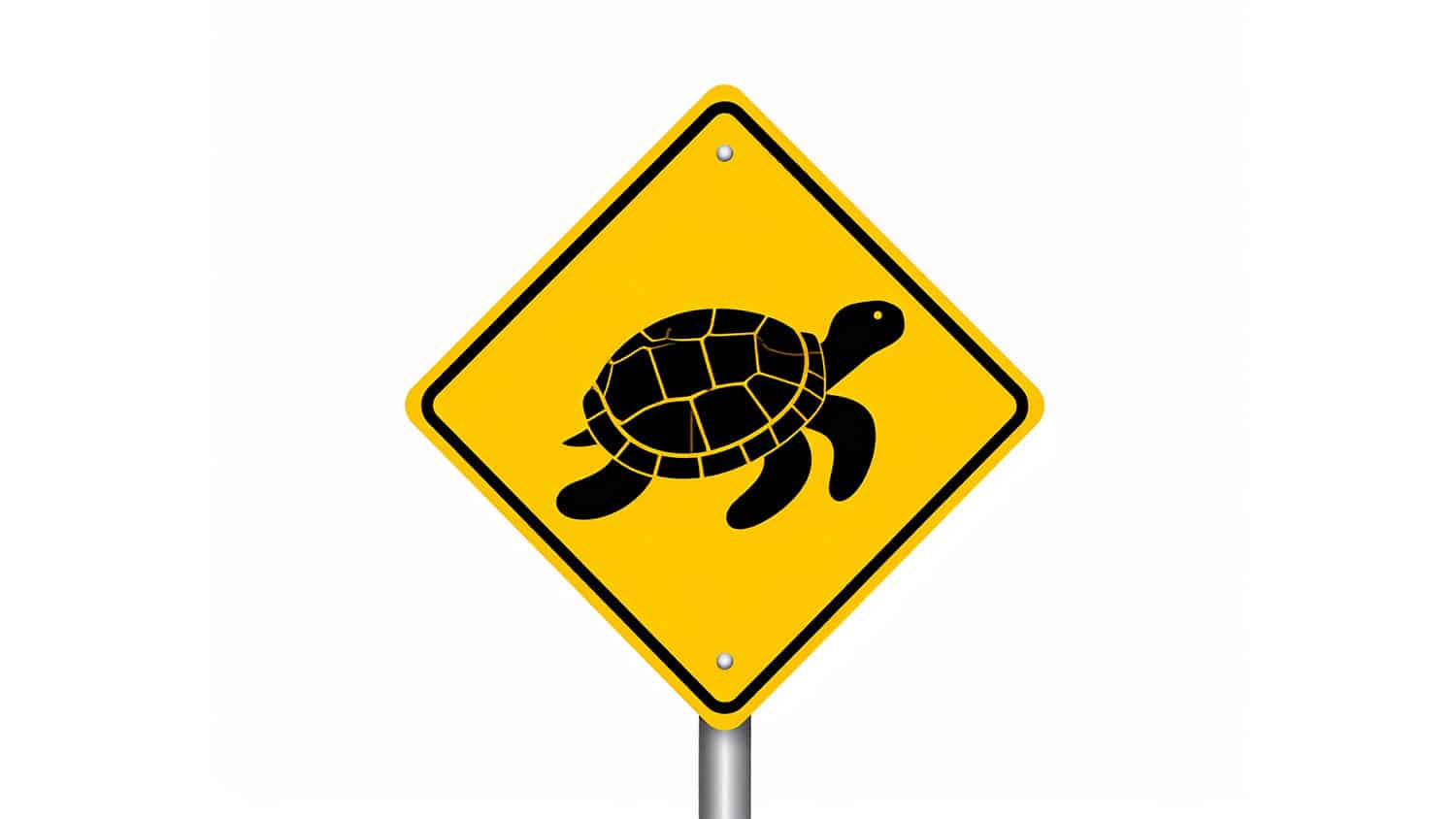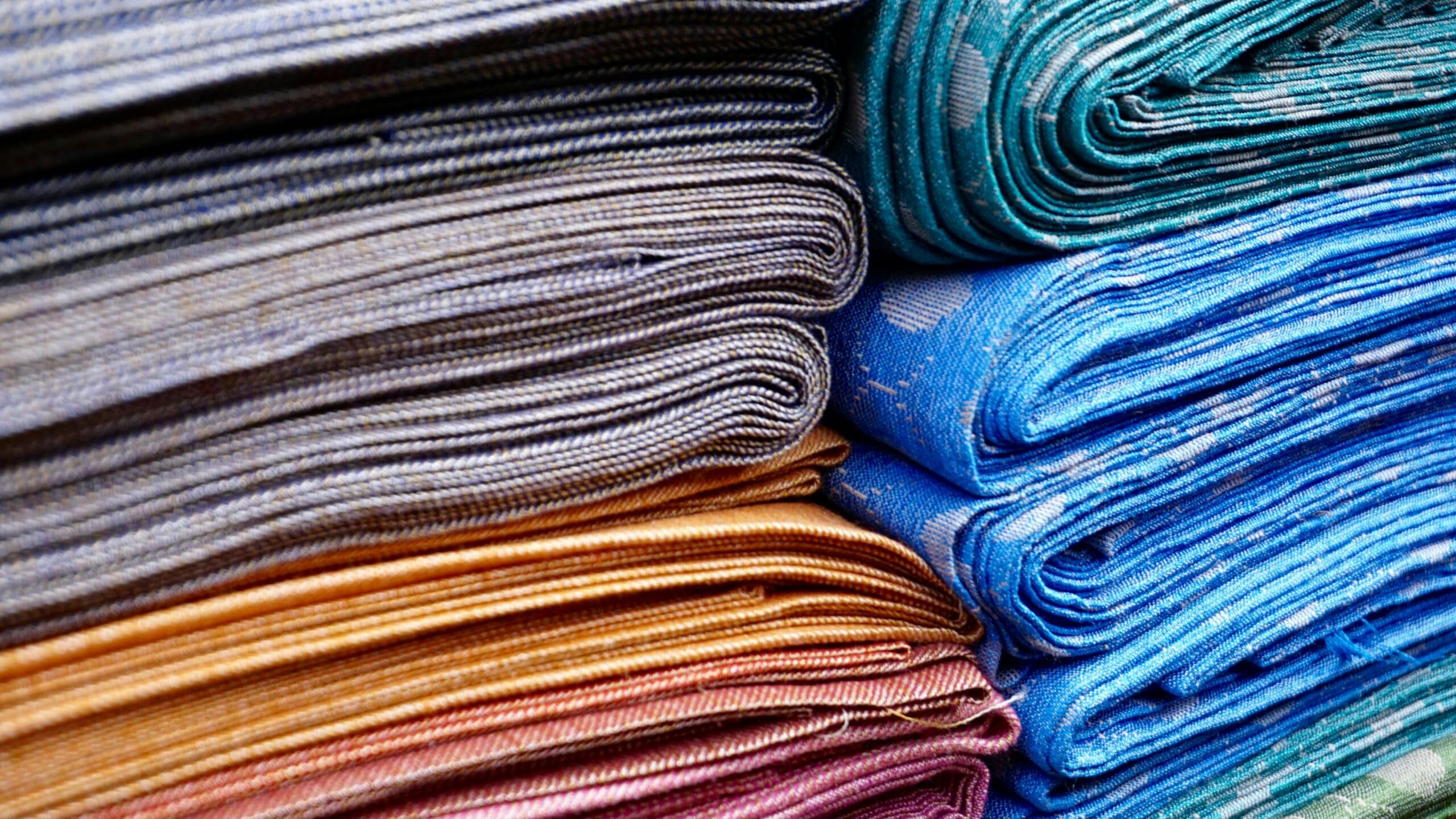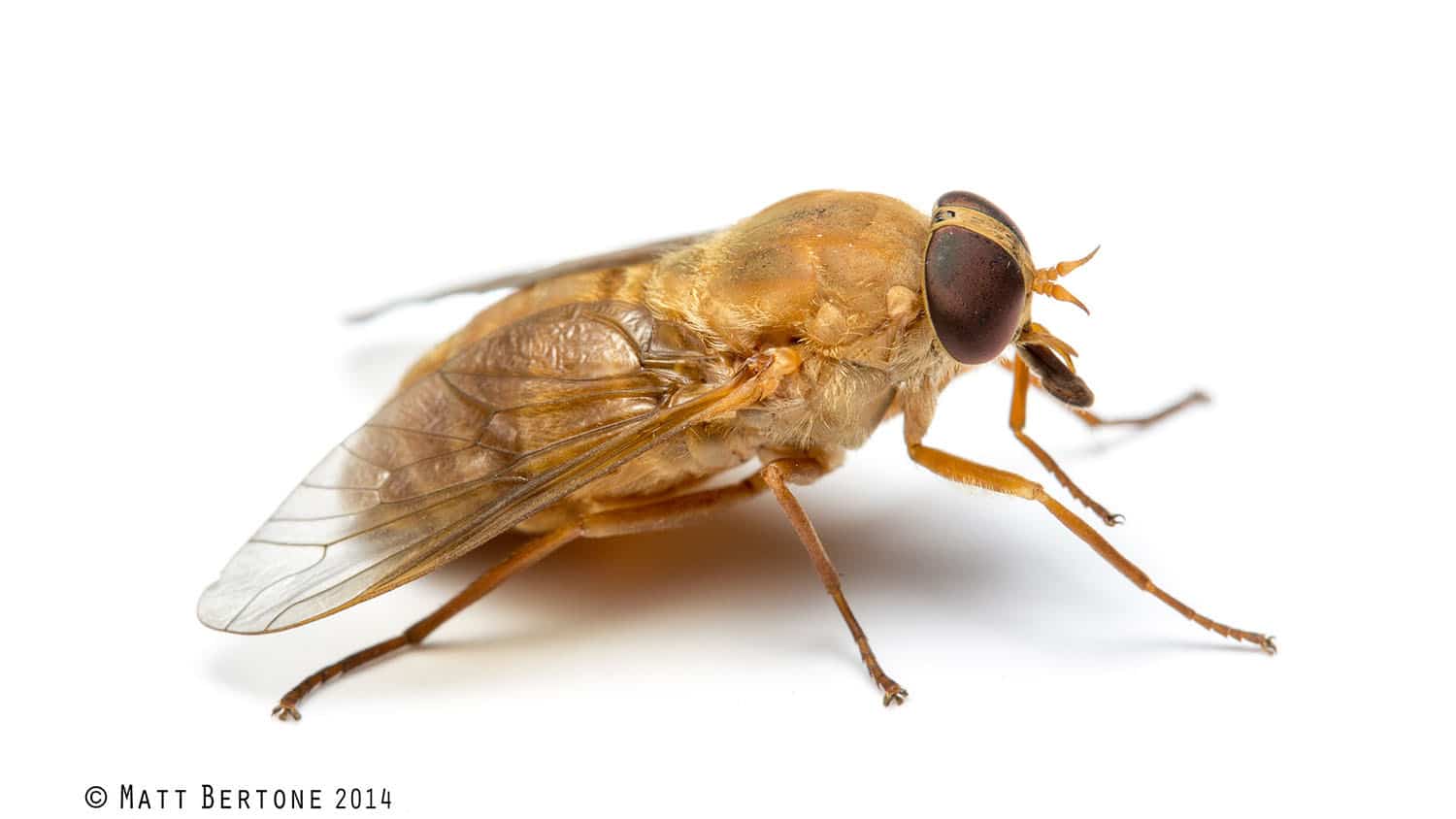Fermentology Mini-Seminars
Free Zoom Mini-Seminars Cover History, Science of Fermentation and Yeasts in Bread and Cheese

Join us for a series of short talks (20 minutes on average, some shorter, some a little longer) for anyone hungry to engage in food, culture, history and science–but in the context of what you have at home.
This project is sponsored by the Department of Applied Ecology at NC State University, the NC State University Libraries and the Center for Evolutionary Hologenomics at the University of Copenhagen.
All talks are Thursday at 4 pm EST, unless otherwise specified. All talks are virtual and will be recorded and available afterwards on the Applied Ecology Youtube page.
April 16th: Wild Sourdough
In the Department of Applied Ecology at North Carolina State University, Lauren Nichols, Erin McKenney and a team of collaborators are leading a new sourdough science collaborative project, based on insights from the Sourdough Project and questions that the Sourdough Project raised but was unable to answer. They are motivated to embark on this project now because it is a way to do new science, but also to engage a community of people around bread, microbes, and the community associated with reconnecting, whether that be reconnecting with past traditions, reconnecting with each other, or reconnecting with the mysterious microbes on which sourdough bread depends. The team leaders of the new collaborative effort, Wild Sourdough, will discuss these motivations, describe recent sourdough science discoveries and explain the key steps necessary to make a sourdough starter as part of this project. As they do, they will also discuss the science behind each of those steps.
April 23rd: Why Do People Care for Sourdough?
Using one family’s story and survey responses from hundreds of Sourdough Project participants, Matthew Booker will speculate about why people carry sourdough cultures with them around the world and down through generations. Maintaining sourdough in our kitchens pairs human and microbial cultures in a multispecies community with intriguing implications for both human history and biological diversity.
Matthew is an environmental and food historian and soon to be the Vice President of the National Humanities Center. See his books Down by the Bay: San Francisco’s History Between the Tides and, more recently, Food Fights: How History Matters to Contemporary Food Debates.
April 30th: The Evolutionary History of Bread and Beer Yeast
Caiti Heil is an assistant professor at NC State’s Department of Biological Sciences. She studies the evolution of yeasts (including their hybridization). Here she will tell the story of the evolution of the yeasts used in bread and wine and how those yeasts have changed as they’ve been domesticated. She’ll also mention the ways in which the wild yeasts that colonize sourdough starters are likely to differ from commercial yeasts (and why). Caiti Heil will team up with Caiti LaHue for this talk. The Caitis will also consider the ways in which the evolution of yeast reminds us about and elucidates the workings of evolution and natural selection more generally.
May 7th: The Fundamentals of Bread Baking Science
So how do I transform flour, salt, water, and leaven into bread? This is a crash course led by Peter Reinhart in the process of that transformation through the act of baking (baking is defined (textbook) as the application of heat to a “product” in an enclosed environment for the purpose of driving off moisture). But a lot of drama occurs both before and during this act, so we’ll examine all that occurs within the “baking triangle” that causes grain to be transformed into flour, flour transformed into dough and, finally, dough transformed into bread. Peter is the author of The Bread Baker’s Apprentice and Peter Reinhart’s Artisan Breads Every Day and many other books. He is also the executive director of the Johnson & Wales University International’s Symposium on Bread.
May 14th: The Biology of the Bread That Bees Make
Margarita López-Uribe is the Lorenzo L. Langstroth Early Career Professor at Pennsylvania State University’s Department of Entomology where she studies bees of many kinds. Many bees rely on fermentation in different ways (some ferment nectar, others pollen, others still ferment leaves). Margarita will talk about the fermentation carried out by honeybees. Honeybees make bread out of pollen that they ferment (and then feed to their babies). Margarita and her student Brooke will talk about what goes into making bee bread and what microbes are involved in this process. They will also share preliminary data of an ongoing project about how various biocides shape bee bread microbiome.
May 21st: On the Culture of Cheese
Dairying cultures around the world historically made their cheeses with the help of natural fermentation. We’ll explore why their milk was so ideally suited to this microbiological transformation; and how cheesemakers cultivated the appropriate microbes from their milk for its preservation. We’ll also talk about Kefir, and how one can keep this traditional, probiotic dairy culture at home. David Asher is an organic farmer, farmstead cheese maker and cheese educator based on the gulf islands of British Columbia, Canada. He is the author of The Art of Natural Cheesemaking.
May 28th: The World’s Oldest Cheese and Yoghurt
Jessica (Jessie) Hendy is a lecturer in paleoproteomics at the University of York where she studies ancient proteins associated with foods in archaeological sites. Jessie will describe her research at ancient archaeological sites in Turkey, Mongolia and elsewhere to understand, using ancient protein analyses, the beginnings of milk fermentation. She will take viewers on a journey to one of her archaeological sites, describe her approach to archaeology and consider take homes from her work with regard to what anyone can do in their kitchen with milk today. Jessie has recently made major discoveries with regard to the history of Mongolian dairying and dairy fermentation and the oldest dairy fermentation in the world.
June 4th: A Brief History of Sourdough
Eric Pallant is chair of the Department of Environmental Science and Sustainability at Allegheny College and the author of Sourdough Culture: The History and Science of Sourdough (forthcoming Agate Press). For 6,000 years–since breads were first baked in the Fertile Crescent until the end of the 19th century–the staff of life was made by hand from only four ingredients: flour, water, salt, and a sourdough culture of wild yeast and bacteria. Workers who built the Egyptian pyramids received the bulk of their calories from sourdough bread. Ancient Rome imported wheat from across its vast empire to turn into loaves it distributed to Roman citizens. Survival through the Middle Ages depended upon preparation of sourdough loaves baked in communal ovens.
June 11th: Baking Yeasts of the Future: Where to Discover Them and What They Can Offer
There are nearly 1,500 species of yeasts in the world, many of which influence bread flavor, texture, shelf-stability, and even nutrition. Yet only a handful of these species are used for making commercial breads. In this talk Dr. Anne A. Madden will discuss why there is so little yeast diversity in the baking world, and share the research she is conducting with a team at North Carolina State University to discover new yeasts for breads of the future.
Anne is a microbiologist, entrepreneur, and 5x TED speaker, who has spent more than 15 years discovering new microorganisms from nature for diverse human applications. She is an adjunct assistant professor in the Department of Applied Ecology at North Carolina State University (@AnneAMadden).
June 18th: Fermentation in Ancient Mesopotamia, Beer, Bread and Beer
Tate Paulette is an archaeologist and Assistant Professor at NC State’s Department of History. He studies agriculture, food, and fermentation in the ancient world, with a particular focus on Bronze Age Mesopotamia. He co-directs archaeological excavations at the site of Makounta-Voules-Mersinoudia in Cyprus (Makounta-Voules Archaeological Project), and he is currently working on a book about the history/archaeology of beer in Mesopotamia. In this talk, we will explore the foods and, especially, the fermented foods of ancient Mesopotamia. We will look at ancient recipes, royal inscriptions, administrative records, archaeological remains, artistic works, and more on our culinary tour through the famous “land between the rivers.” Particular attention will be devoted to bread, beer, yogurt, and cheese, the fermented cornerstones of the Mesopotamian diet.
June 25th: TBD
July 2nd: TBD
July 9th: The Evolution of Sour Taste in Hominids
Rob will begin with a discussion of ongoing work he, along with Mick Demi, Brad Taylor, and Ben Reading are doing on the evolution of taste. He will then focus on the evolution of sour taste. Rob will discuss new insights into when and why sour taste evolved, when and why sour tastes became attractive to our ancestors and how sour taste helped early humans (and before them Homo erectus) begin to ferment foods. Rob Dunn is the author of Never Home Alone and the forthcoming book with Monica Sanchez, The Nature of Flavor (Princeton University Press).
July 16th: The Evolution of Fermentation by Primates
Katie Amato is a biological anthropologist studying interactions between diet, physiology, and the gut microbiome in non-human primates and humans. Her evolutionary perspective on host-microbe interactions has recently led her into the world of fermented foods. Fermented food consumption is pervasive across human cultures, but little is understood about how and why this practice emerged across evolutionary time. Studying this behavior in non-human primates could provide additional insight, and yet few data on this topic exist. Here Katie will present data describing patterns of fermented food consumption in primates and link it to the existing fermentation literature to provide new insight into the evolution of fermented food consumption by humans.
July 23rd: TBD
July 30th: TBD
August 6th: TBD
August 13th: TBD
August 20th: TBD
Additional talks will be scheduled in the coming weeks on (1) the metagenomics of food, (2) the chemistry of fermented food aromas, (3) the biology of olfaction as it relates to fermented food, (4) how to ferment a mastodon the Clovis way and more.
TBD: The Prehistory of Bread
Amaia Arranz Otaegui is an archaeologist focused on societies living in the fertile crescent in a time before the advent of agriculture. . She will share the story of the discovery of the oldest bread and what we do and don’t know about its recipe, how it was baked and more. More about Amaia’s work.
TBD: Fermentation in a Zombie Apocalypse World
Christina Athena Aktipis is a woman assistant professor in the Department of Psychology at Arizona State University. She is the director of the Interdisciplinary Cooperation Initiative and the co-director of the Human Generosity Project. She will talk about the ways in which fermentation helps us in hard times. See Athena’s recent article about Zombies and fermentation. Athena is the author of The Cheating Cell.
For more information, contact Rob Dunn or Michelle Jewell.
This post was originally published in Department of Applied Ecology.
- Categories:


